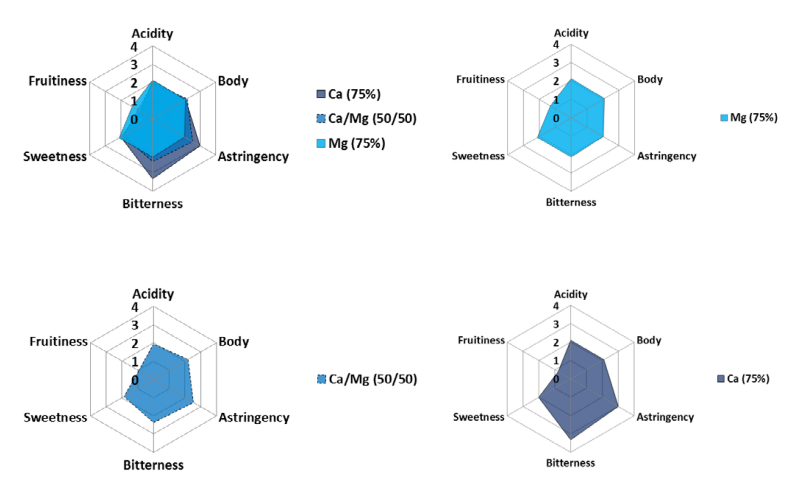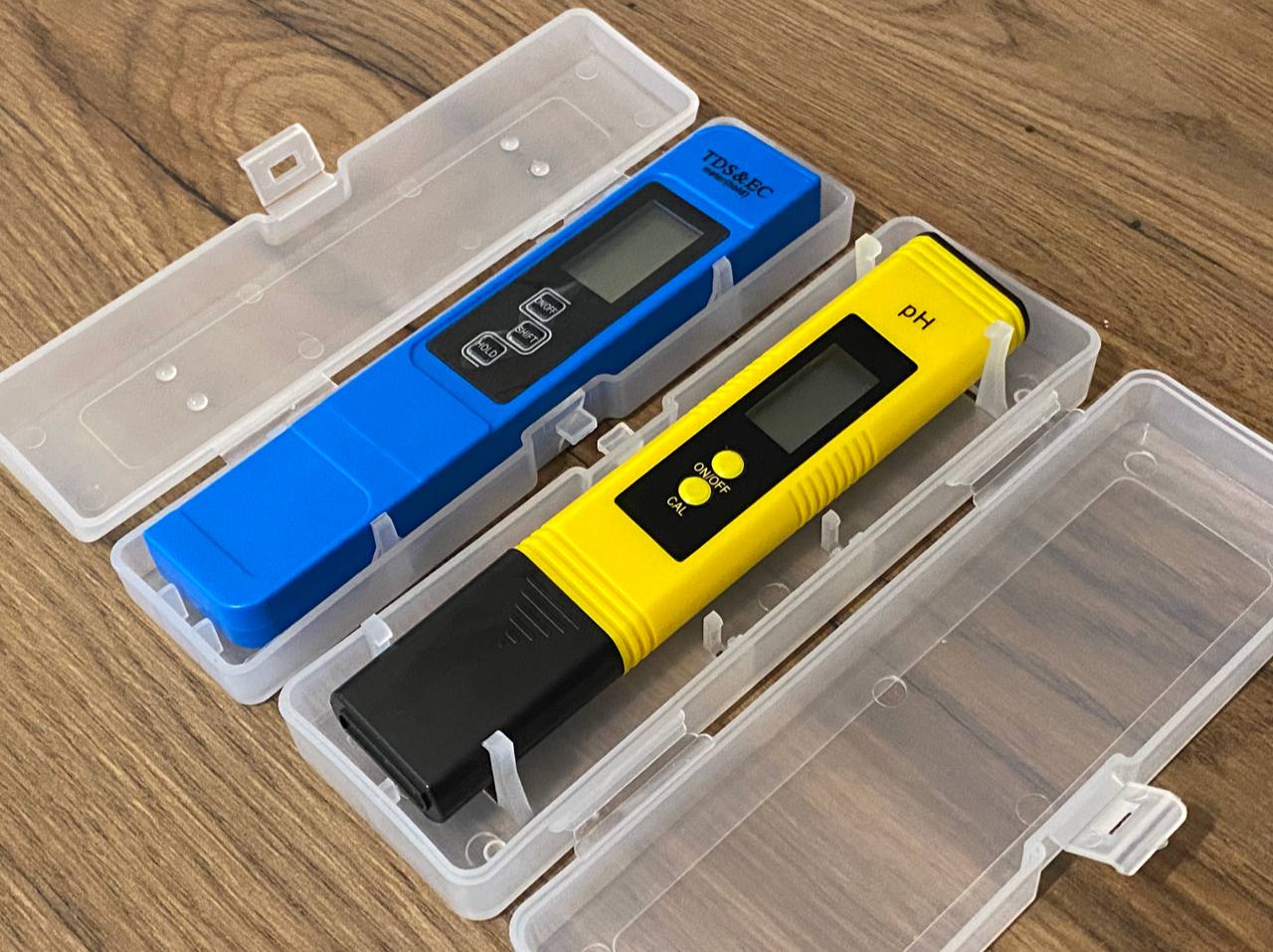Water for Coffee Brewing
Water directly affects the taste of coffee, since 99% of coffee is water. For example, water hardness affects extraction and alkalinity affects acidity.
How to determine the quality of water
The quality of water for making great coffee can be determined by a number of objective and measurable parameters. Here are the most basic:
- Color and odor. Good water has no color or odor. This is the basic rule of clean water for drinking and making any beverage, not just coffee.
- Chlorine. Water should be completely free of chlorine; it smells bad and affects the taste of coffee.
- Total Hardness. The recommended range of total hardness is 50-175 ppm CaCO3. Tap water is not suitable as it rarely falls within this range.
- Alkalinity. High alkalinity results in a lower acidity of the beverage. Recommended alkalinity should be around 40 ppm CaCO3 with an acceptable range of 40-75 ppm CaCO3.
- Balance between acidity and alkalinity (pH). If the pH is lowered, the acidity of the water increases and the coffee becomes sour; if it is raised, bitterness appears. The ideal pH is 7.0, optimal is between 6.0 and 8.0.
- Total Dissolved Solids (TDS). TDS refers to the total concentration of dissolved substances in water, including minerals, salts, metals, cations, and anions. The SCA recommends that water for coffee brewing to have a TDS of 75-250 PPM (ideally 150 PPM).

Sensory profiles of filter coffee, extracted with water of Total Hardness of 70 ppm CaCO3 and varying Mg/Ca-ratio (1:3; 1:1, 3:1). / The research on the SCAE Water Chart was funded by the SCAE and led by the SCAE’s Research Committee. Funding was provided by the Zurich University of Applied Sciences (ZHAW) and water companies: Brita Water and BWT water+more
An effective way to measure water quality at home is to use a TDS and PH meter.

TDS And Ph Meter. Source: coffeemasta.com
When you buy bottled water, manufacturers usually list the characteristics we are interested in on the label. But be careful, because these data do not always correspond to the real indicators.
How to choose the best water for coffee brewing
If you enjoy making coffee at home and only need to brew small amounts, you can use bottled water as an alternative to the expensive water filtration and mineralization equipment that coffee shops tend to use.
Distilled water is not recommended for making coffee because it lacks minerals. However, it can be used as a base for making water with special concentrates. This may not be suitable for everyone, but it’s worth considering. Barista Hustle’s water recipes are a great resource to explore if you’re interested in experimenting with this method.
Using a water filter jug is an easy and affordable option for home use. It’s important to make sure the filter has softening and mineralizing modules. These modules clean the water of most impurities before mineralizing it to the desired level.